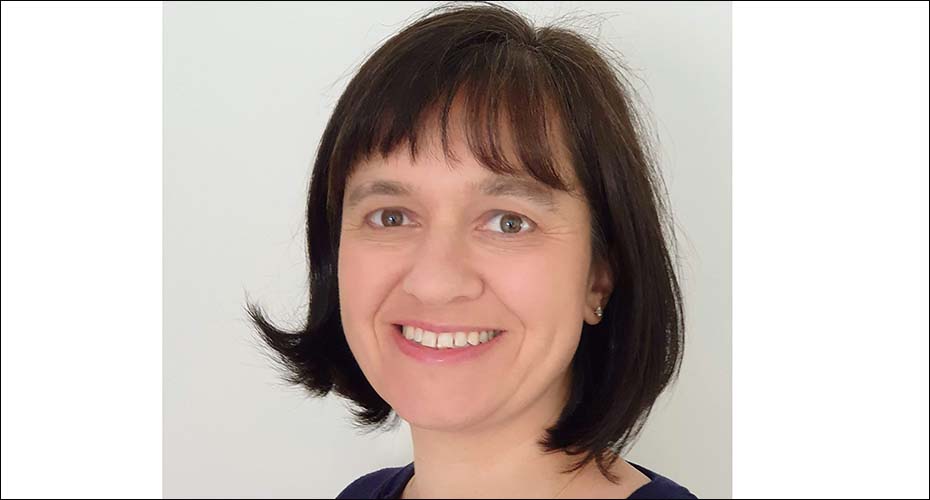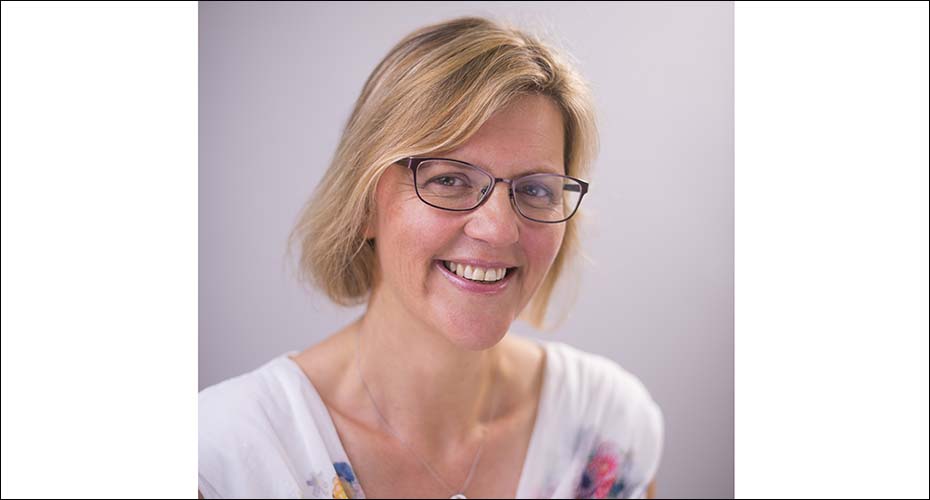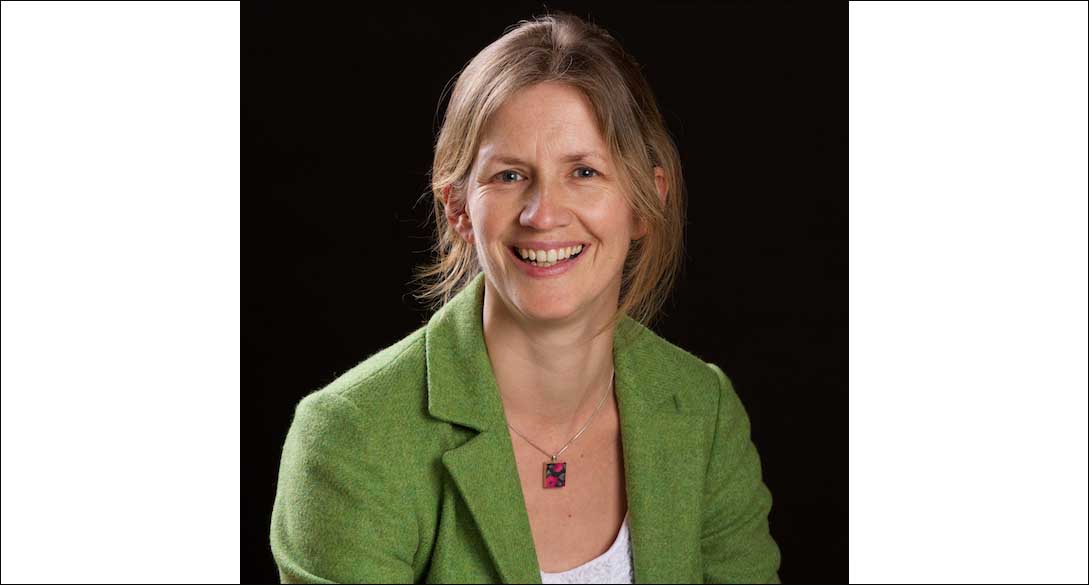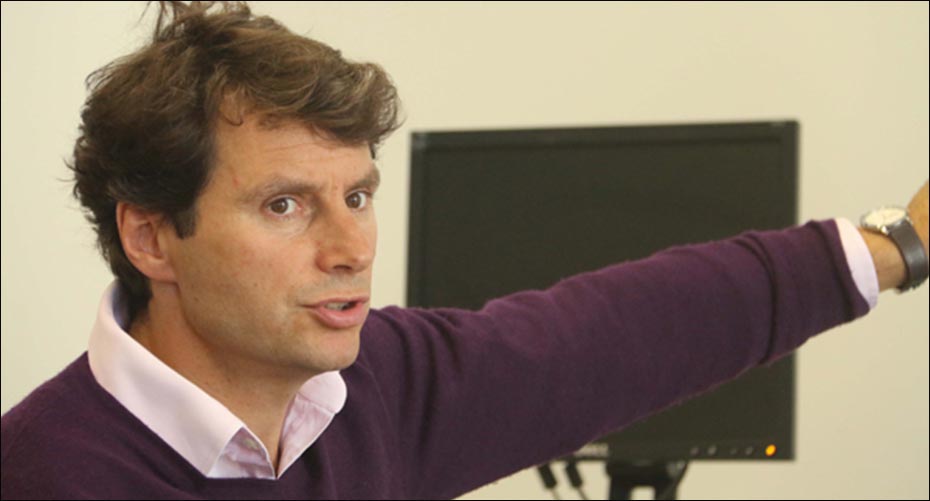Masters applications for 2023 entry are now closed.
Applications for September 2024 will open on Monday 25 September. Applications are now open for programmes with a January 2024 start. View our programmes »
| UCAS code |
1234 |
| Duration |
1 year full time
2 years part time
3 years part time |
| Entry year |
2024 |
| Campus |
St Luke's Campus
|
| Discipline |
Healthcare and Medicine
|
| Contact |
|
| UCAS code |
1234 |
| Duration |
Over 2 years
|
| Entry year |
2024 |
| Campus |
St Luke's Campus
|
| Discipline |
Healthcare and Medicine
|
| Contact |
|
| UCAS code |
1234 |
| Duration |
Over 1 year
|
| Entry year |
2024 |
| Campus |
St Luke's Campus
|
| Discipline |
Healthcare and Medicine
|
| Contact |
|
Overview
- Learn the craft of teaching from internationally renowned staff with strong research pedigree, with opportunities on each module to put your learning into practice.
- This programme is specifically created for those wishing to develop their roles as clinical educators and is suitable for those from a wide variety of academic and professional backgrounds including medical researchers, academic clinical fellows, nurses, allied healthcare, public health professionals, and doctors.
- You will be learning with a diverse array of healthcare professionals; offering a substantially wider perspective than many other courses are able to offer
- Study the course in just one year, or study part-time over two or three years. Our blended (face-to-face and online) course means we can work around your priorities and the major service and time pressures you have enabling you to complete the course at your own pace
- Accredited by the Academy of Medical Educators (AoME) and recognised by the South West Deanery (Health Education England)
Top 10 in the UK for our world-leading and internationally excellent Clinical Medicine research
Joint 1st in the UK for Medicine by Graduate Prospects
Major capital investment in new buildings and state-of-the-art facilities
Vibrant and active research student community supported by excellent pastoral and academic staff
Accreditations
This programme is Academy of Medical Educators (AoME) accredited. AoME accreditation means that anyone who successfully completes the course is eligible to apply for Membership of the Academy without the need to go through the full application and assessment process.
Entry requirements
Normally a minimum 2.2 Honours degree (or equivalent) in a relevant discipline. A personal statement, detailing your reasons for seeking to undertake this subject, will be required. Relevant clinical or professional experience may be taken into consideration as evidence of equivalency.
Please visit our international equivalency pages to enable you to see if your existing academic qualifications meet our entry requirements.
International students are normally subject to visa regulations which prevent part-time study. It is recommended that international students apply for the level of the final award you intend to complete i.e. PGCert, PGDip or Masters, due to the associated cost and requirements for a Tier 4 student Visa.
Accreditation of prior learning for Masters courses in Healthcare and Medicine
Accreditation of Prior Learning (APL) is a process whereby students, who have already gained relevant skills and knowledge prior to the start of their course, may be granted a partial credit exemption from their programme instead of unnecessarily repeating work. Find out more about APL
Entry requirements for international students
Please visit our entry requirements section for equivalencies from your country and further information on English language requirements.
Read more
Entry requirements for international students
English language requirements
International students need to show they have the required level of English language to study this course. The required test scores for this course fall under Profile B2. Please visit our English language requirements page to view the required test scores and equivalencies from your country.
Course content
There is an increasing need for clinical teachers to hold formal qualifications. Our Clinical Education programmes are suitable for qualified health professionals or intercalating students who want to develop and accredit teaching skills. You’ll look at clinical education from a new and practical standpoint, based on the reality of delivering clinical education in modern healthcare environments.
You will spend time learning the craft of teaching. If you are not currently involved in teaching, the course will provide ample opportunity to regularly practice teaching in a safe environment with feedback from fellow students. Each module has practical activities that transform the words from the material that you read into something useful.
The themes running through the programme are a comprehensive introduction to clinical education, coaching and mentoring, principles of assessment and practical delivery of teaching. Specific modules also include Researching Clinical Education and Teaching in a Digital World. A research project also forms part of the programme.
Programme Structure
This MSc course can be studied on a full time basis over 1 year or over 2 or 3 years (part time), which may suit applicants who are already working full time. It is delivered at National Qualification Framework (NQF) level 7.
The programme is divided into units of study called ‘modules’ which are assigned a number of ‘credits’. To gain a Masters qualification, you will need to complete 180 credits at level 7. The credit rating of a module is proportional to the total workload, with one credit being nominally equivalent to 10 hours of work, a 15 credit module being equivalent to 150 hours of work and a full Masters degree being equivalent to approximately 1,800 hours of work.
It is also possible to exit with a PGCert after completing 60 credits of taught modules or a PGDip after completing 120 credits of taught modules. The list of modules below shows which are compulsory.
It is also possible to take individual modules as a standalone activity, either with or without the need to complete assessments.
Contact Days
View the draft timetable of Clinical Education MSc contact days 2023/24
View the draft timetable of Clinical Education MSc contact days 2024/25
(please note - these timetables are draft and may be subject to change).
Please note: The last contact day and assessment deadline for the programme will be earlier than the actual end date of your registration with the University, to allow a period of time at the end of your active studies for further support and mitigation, if needed.
Modules
The modules we outline here provide examples of what you can expect to learn on this degree course based on recent academic teaching. The precise modules available to you in future years may vary depending on staff availability and research interests, new topics of study, timetabling and student demand.
Fees
2024/25 entry
Fees are subject to an annual increment each academic year
UK fees per year:
- MSc £11,600 full-time, £5,800pa part-time, £3,900pa part-time (3 years)
- PgDip £3,900pa part-time
- PgCert £3,900
Standalone module fees: UK: £1,100 per 15-credit module
International fees per year:
- MSc £27,500 full-time, £13,750pa part-time, £9,250pa part-time (3 years)
- PgDip £9,250pa part-time
- PgCert £9,250
Standalone module fees: International: £2,500 per 15-credit module
Scholarships
We invest heavily in scholarships for talented prospective Masters students. This includes over £5 million in scholarships for international students, such as our Global Excellence Scholarships*.
For more information on scholarships, please visit our scholarships and bursaries page.
*Selected programmes only. Please see the Terms and Conditions for each scheme for further details.
Teaching and research
Our purpose is to deliver transformative education that will help tackle health challenges of national and global importance.
Teaching methods
Teaching is backed up with comprehensive online support, support from your academic tutor and support from the many contacts you will make through the contact sessions. Teaching methods include:
- Interactive arena sessions
- Masterclasses from highly experienced teachers and educational researchers
- Practical classes; Practice delivering teaching in a variety of styles
- Tutorial / small groups
- Lectures using PowerPoint and other technologies
- Work-based teaching and learning
- Using webcams to record your teaching
- Viewing the teaching of others and giving feedback
- Practical classes; Practice designing you own assessments
- Maintaining a teaching portfolio. Collect evidence of your teaching as the course progresses and use it to apply for Membership of professional teaching bodies (HEA and AoME)
Research
At the University of Exeter, our research is globally recognised and our partnerships with healthcare providers, industry and above all, the public, mean that this work is constantly at the cutting-edge of innovation in improving lives.
Explore some of the many highlights of our research on our research impact page.
Learning
This programme enables students to interact with learners from every branch of medicine and at every stage. There are practical sessions on each module and the flipped classroom and hybrid learning approach offers something to suit everyone.
Face-to-face teaching is typically delivered over two days per module, with pre-reading, teaching practice, project work and assessments making up the remainder of learning activities.
Facilities
This programme is based at the St Luke’s campus in Exeter, where facilities include Life Sciences Resource Centre, the Clinical Skills Resource Centre (Heavitree Hospital site) and the Medical Sciences Laboratory.
The facilities at the University of Exeter have been specifically designed for delivering high quality teaching in this area, with bespoke lecture theatres and seminar rooms.
For students following the reporting or image interpretation pathway, there is a suite of PACS monitors allowing for very high resolution viewing of images, as well as low-intensity lighting to optimise viewing conditions. Find out more about our Medical Imaging Suites.
Read more

Sarah Bradley
Senior Lecturer

Dr. Stephanie Bull
Senior Lecturer

Professor Mike Eaton
Associate Professor in Medical Education, Director of Faculty & Professional Development

Jane Rowe
Senior Lecturer

Professor Karen Mattick
Director of Postgraduate Education

Professor Alex Harding
Programme lead for the MSc Clinical Education
Sarah Bradley
Senior Lecturer
Sarah is module lead for a number of modules on the Masters in Clinical Education and Masters in Advanced Clinical Practice. She is also programme lead for the Masters in Healthcare Leadership and Management. Previously, as Senior Clinical Skills Tutor for the Medicine programme, she had responsibility for a range of Clinical and Communication Skills teaching and assessment. She has 18 years’ experience as a medical educator and has a particular interest in clinical communication, skill development, assessment of clinical competence and curriculum design and evaluation.
Her research interest is in qualitative assessment methods and she is currently working towards a doctorate.
Sarah is a registered nurse and prior to working in medical education worked for the NHS specialising in Coronary Care and Research Nursing.
Profile page
Dr. Stephanie Bull
Senior Lecturer
Stephanie is a Senior Lecturer, Senior Fellow of the HEA and a biomedical scientist by background. She is module lead for the Introduction to Literature Reviews module on the MSc Clinical Education and supervises student projects.
She is interested in a range of research topics, including how newly qualified doctors make their medical decisions, career choice and trajectories, and evaluating teaching interventions in the undergraduate medical curriculum.
She has conducted systematic reviews of educational literature and empirical research using quantitative and qualitative methods. Most recently she has explored the impact of updating PBL cases and processes to better reflect current educational thinking.
Profile page
Professor Mike Eaton
Associate Professor in Medical Education, Director of Faculty & Professional Development
Mike is module lead for the Principles of Curriculum Design and Evaluation module and co-lead for the Independent Research project module on the MSc Clinical Education, as well as the PGT Ethics Lead.
He is the Director of Faculty Development in the College of Medicine and Health and Director of Professional Development at the University of Exeter Medical School. His educational focus is on the development of "professional identity", for undergraduates through facilitated small groups and postgraduates through supervision and mentoring
Profile page
Jane Rowe
Senior Lecturer
Jane Rowe is module lead for the Principles of Supervision and Mentoring module.
She has a background as an education adviser and academic developer, and since 2006 has designed, led and contributed to a range of postgraduate and faculty development programmes.
Jane has had a significant role in enhancing the quality of postgraduate provision, through funded projects, staff development and external engagement.
Currently, she co-leads a Special Interest Group in Postgraduate Taught Programmes for the Association for the Study of Medical Education (ASME) and is external examiner for the Teaching and Learning for Health Professionals programme at the University of Bristol.
Jane is a Senior Fellow of the Higher Education Academy.
Profile page
Professor Karen Mattick
Director of Postgraduate Education
Karen is Director of Postgraduate Education and co-leads the Independent Research Project module, which spans the MSc Clinical Education and other programmes.
She is also Deputy Editor for the journal Medical Education and Director of Awards for the Association for the Study of Medical Education (ASME). She is Principal Fellow of the Higher Education Academy and a National Teaching Fellow. Her research interests are the experiences of doctors-in-training, especially in relation to feedback conversations and prescribing, and the impact of these on careers and wellbeing.
Profile page
Professor Alex Harding
Programme lead for the MSc Clinical Education
Alex is the programme lead for the Masters in Clinical Education and module lead for Teaching Practitioner and Principles of Primary Care. He is Principal Fellow of the HEA. He also leads a short course called Principles of Primary Care International. He has worked as a GP in Exeter for the last twenty years as a partner in a city centre practice. He is also involved in the undergraduate Medicine programme as a Community Sub-Dean, making sure the community part of the medical school programme runs smoothly.
Profile page
Careers
Who is this course for?
This course is for everyone with a passion to learn more about how clinicians are taught – and more importantly, how it can be better. Many of our students are already in employment in the healthcare sector/clinical academics. It has been specifically created for those wishing to develop their roles as clinical educators and is suitable for those from a wide variety of academic and professional backgrounds.
Employer-valued skills this course develops
This programme will enhance your opportunity to take on more demanding roles within medical schools or faculties of healthcare or in management roles within hospital trusts. The full Masters programme enhances opportunities for clinical educational research, PhD programmes and leadership roles within higher education and healthcare sectors and some of our MSc Clinical Education students have published from their assignments and dissertations.
Career paths (graduate destinations)
The types of careers that graduates go in to after studying MSc Clinical Education include those relating to research, teaching and policy.
Careers support
All University of Exeter students have access to Career Zone, which gives access to a wealth of business contacts, support and training as well as the opportunity to meet potential employers at our regular Careers Fairs.


















